Bright afternoon sun. I was finally visiting the educational oasis from which Hilary Clinton, Soong-Meiling, and Diane Sawyer graduated from. With a collection of talented, powerful, famous, elite, and wealthy women as its alumnae, Wellesley College is the highest ranking (#5 by US News for national liberal arts colleges) among the seven sister colleges (seven all-women liberal arts colleges founded as the Ivy League’s female counterparts back when they only admitted white males). Wellesley has a reputation for kindling women’s presence, strength, and leadership, but also a stereotype of being “a rich, privileged girl’s school where everyone uses their intelligence to be jealous, snarky, and catty”. So, what is the truth?
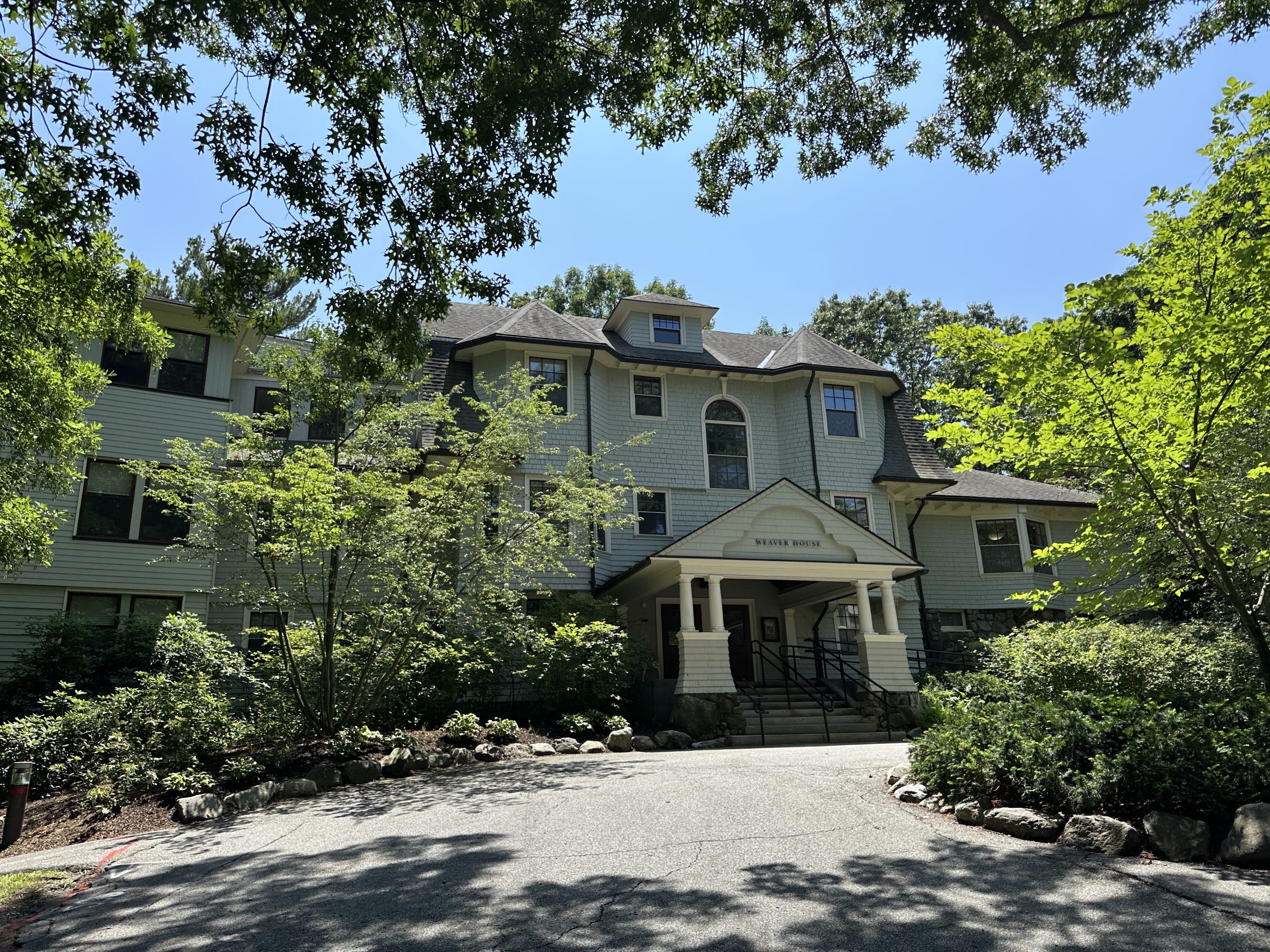
Let us first unpack the ‘unhealthy competition’ stereotype. Obviously, an all-women’s liberal arts college educates a group of teenage girls transitioning into adulthood. A good portion of them hail from white, wealthy, well-connected backgrounds, but another, larger pool are model minorities who may or may not live off of financial aid.
The political atmosphere is very liberal and progressive due to the school’s mission of educating historically marginalized communities and advocating for their voice, agency, and power. It embraces all women, first-generation, different races, geographical regions, socio-economic classes, gender and sexuality, and so on. The side-effect of this glorious vault, of course, is that a combination of girlish ambition, intelligence, social or economic disparity, and pressure to lead or succeed, results in competition.
Knowing their disadvantaged place in the world, every girl is working hard, studying hard, planning hard, or partying hard. Every young lady is taking all the resources she can. Yet, it is important to remember that Wellesley students don’t just want the best for themselves, they also want the best for you. This group of smart, interesting, and high-achieving human beings support and care for each other. They form a tightly-knit community that lifts people up rather than beat them down. Compared to Harvard, Yale, and some other traditional Ivy Leagues, Wellesley is actually a lot more collaborative. No one will sabotage or hide opportunities from you. There might be a preference for leaders instead of followers, but Wellesley believes that good leadership comes from supporting other women’s leadership. Lead, by all means, but most also follow their fellow classmates. They don’t like cutting throats, they like watching all women thrive. Speaking of which, Wellesley isn’t focused on emphasizing the absence of men, it just highlights the presence of women. So, instead of stealing books, your friends and even total strangers will reach out to you about academic or career ventures to work together.
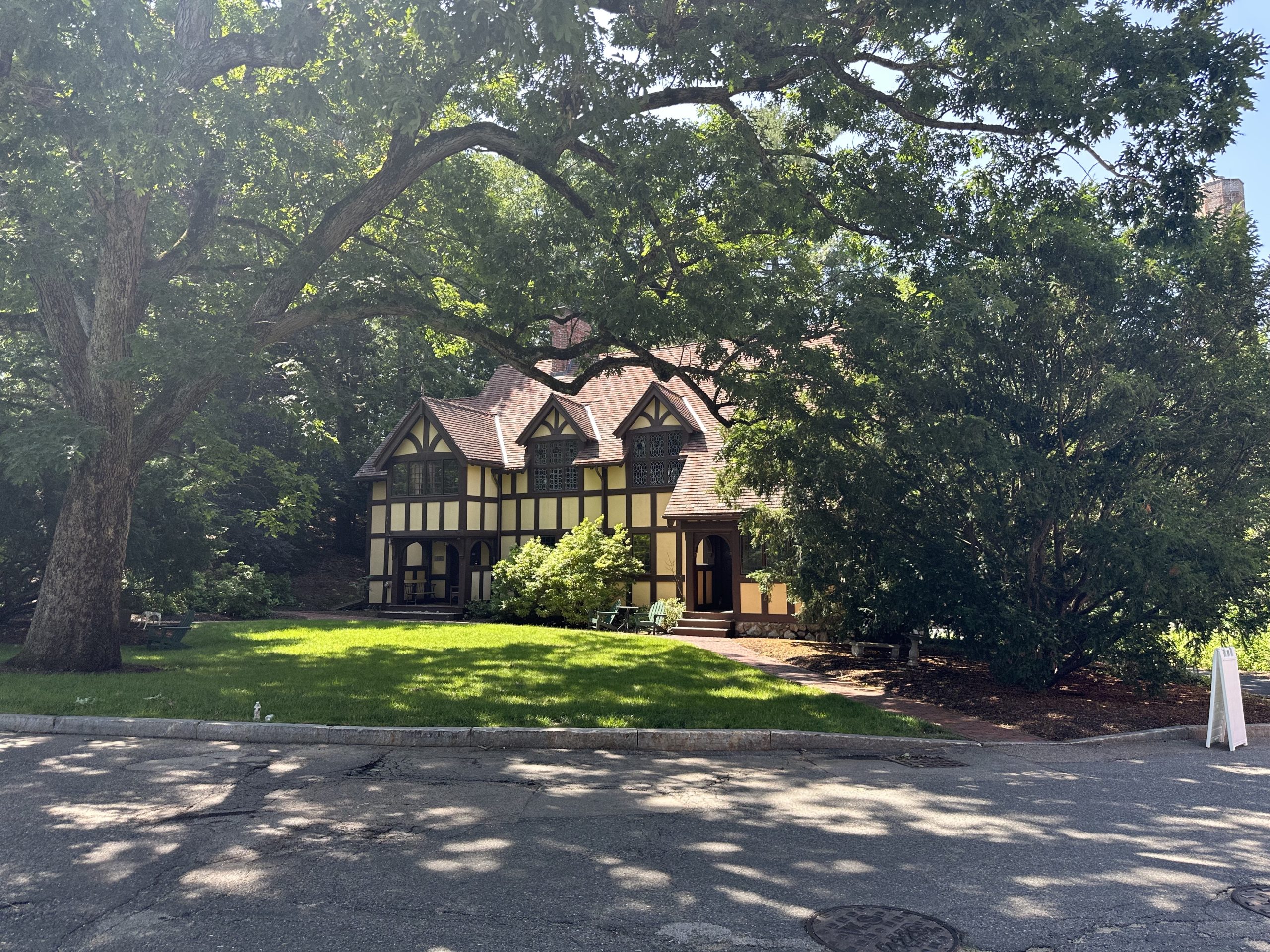

Wellesley’s visuals are absolutely beautiful, with red Gothic architecture, miles of greenery, and a lake running in the heart of campus. The Eden, a paradise-like place gave rise to many traditions. Flower Sunday is when a freshman will pair with a senior, who will walk down the hills with a handful of flowers. It’s all about friendship and kinship and bonding to break the boundaries of age. Even Wellesley’s housing are vertically mixed – there are no freshman-specific residential halls, and yes, you pay a lot of money to go there, so there are janitors.
Lake Day is when students take a 24-hour break from classes and either go canoeing or kayaking on water or take part in the millions of activities faculty organized for them. Every new class plant a tree together. Every club fair is a way to simultaneously pad your resumé and make friends. Every concert is where many students find their first college romance. Some, I believe, are certified “scholars of love”.
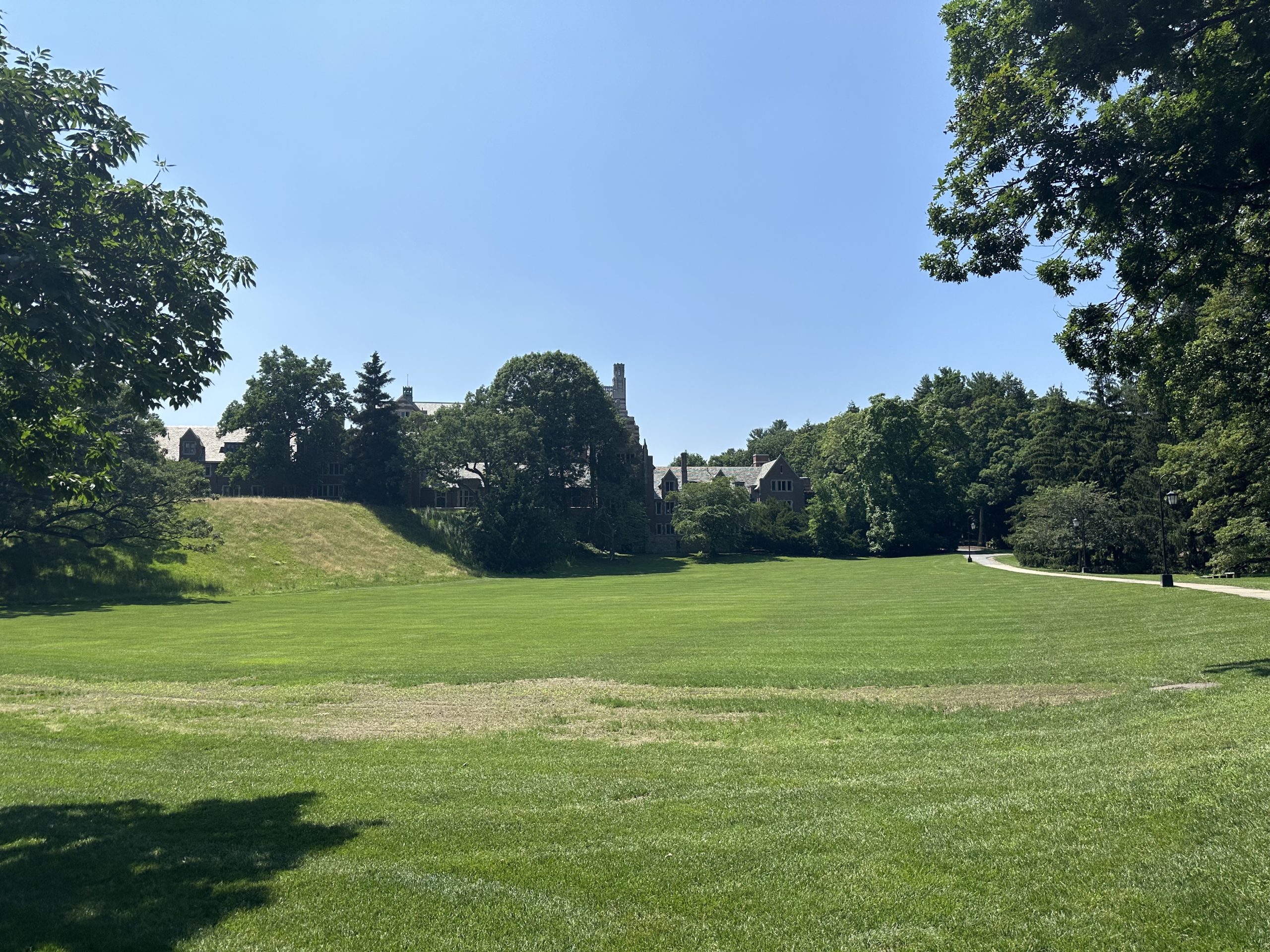
Wellesley’s most impressive facility, though, is its career education center. Considered the best, most thorough, and most advanced in the United States, many other universities and liberal arts colleges modeled theirs off of it. Current students and alumni use it as a life-long resource to venture into the world of jobs. They walk in any time and leave with a sense of purpose, confidence, and direction. Wellesley is the best at supporting its students with people. Every year each student get multiple class councils, covering academics, majors, and cultural or social identities. For example, international students would get a council specifically for that. Upperclassmen can also become residential hall presidents to practice within-peer leadership and organization, but really, it’s an extra layer of support, an extra pair of open arms to fall into.

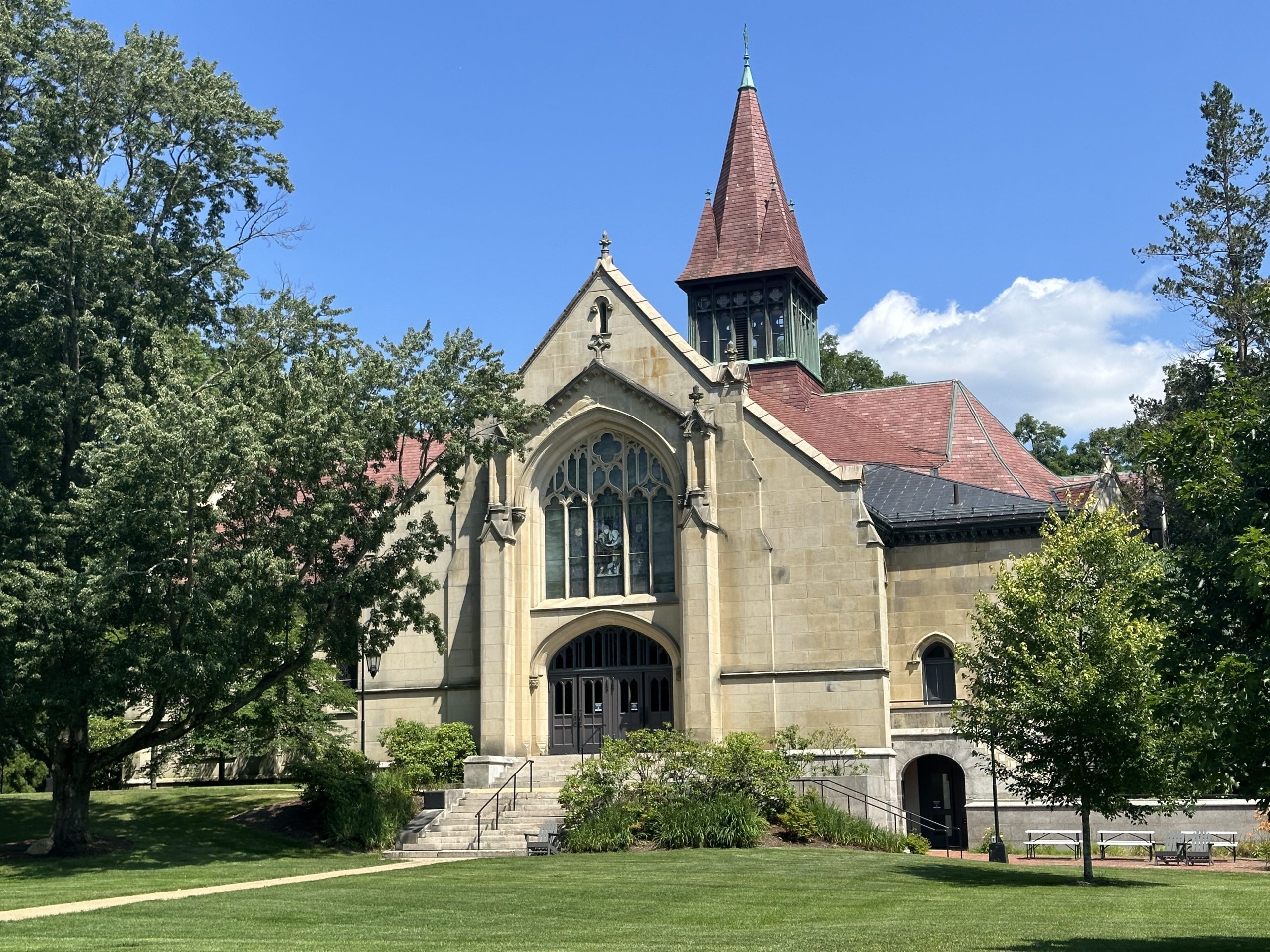
Wellesley Fun Facts
- You have to fulfill 9 distribution requirements. That sounds like a lot, but it’s not hard. My tour guide fulfilled most of hers and she’s only a sophomore.
- Don’t have to declare your major until the end of sophomore year
- First-semester classes have confidential grades! It takes away the pressure and allows you to explore
- Advice from the tour guide: take the classes you aren’t confident about at this time to get the best grades
- One most important thing – Wellesley can cross-register classes with MIT. You can only take one class there per semester, but it is a great opportunity. Some students even conduct research with MIT professors, some of whom are Nobel-prize winners and the world’s leading scholars
- Wellesley itself has dedicated, accomplished scholars as professors who provide undergraduates with research opportunities as well. Best of both worlds, basically.
- There is no such thing as ‘taboo topics’ in Wellesley. I really shouldn’t write this in an article, but it baffled me a little how comfortable people were talking about politics, religion, sexuality, periods, sex, and all the…TMI things – but in respectful, gentle ways, of course.
- Students are very radiant, confident, and individual. They believe in themselves and are so optimistic about your intellectual abilities too. You can’t ever look or be called dumb.
- There are many cultural centers for international students, first-generation low-income students, racial groups, gender/sexuality groups, language groups, and so on. They are not only good for networking and advice, but many people just use it as a hang-out space. Not exclusive, anyone can go in.
- There is an all-female-president room in the library. Vaulted, domed, lovely. The more floors you go, the quieter it gets.
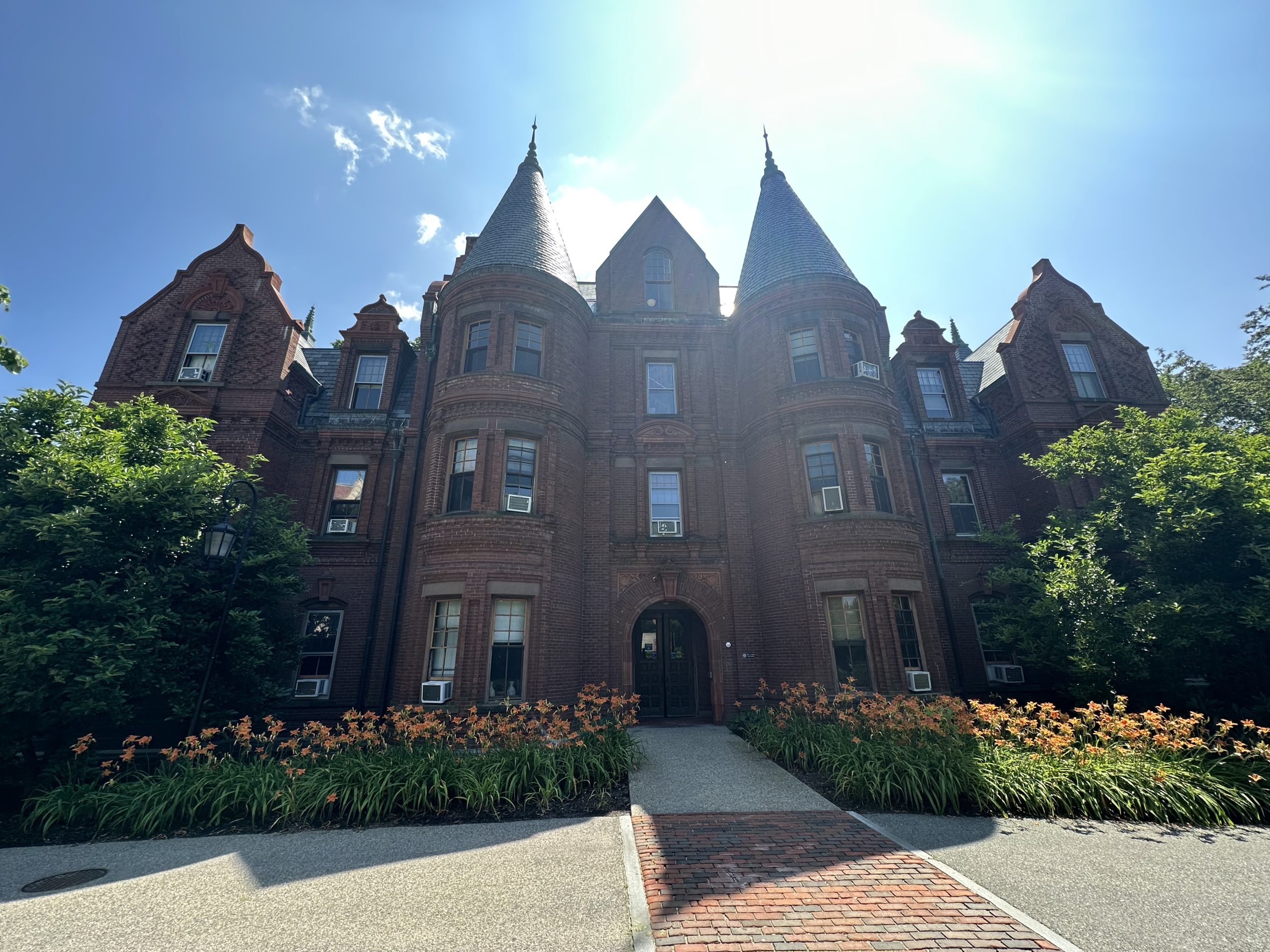
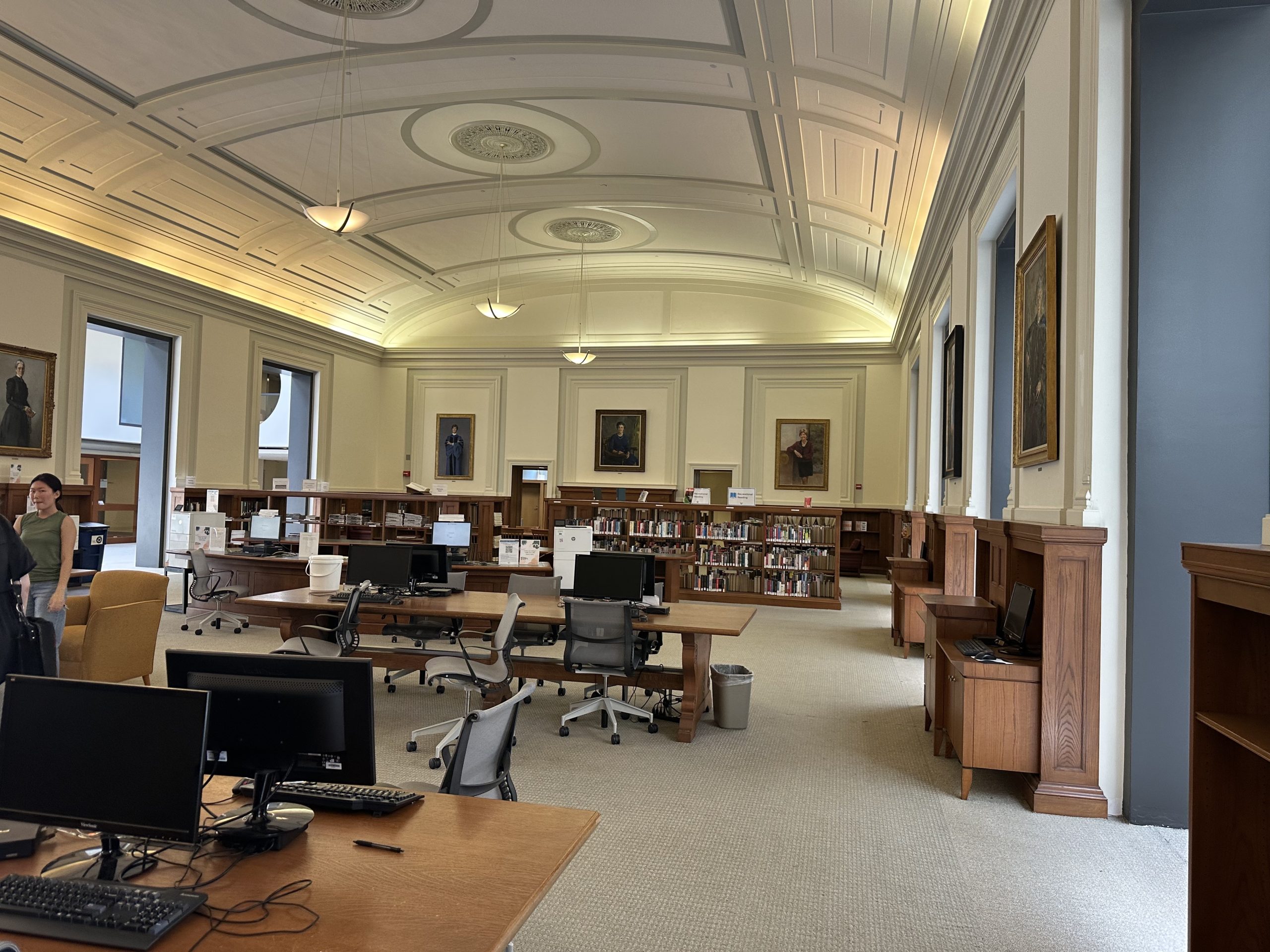
Images: Helen W




